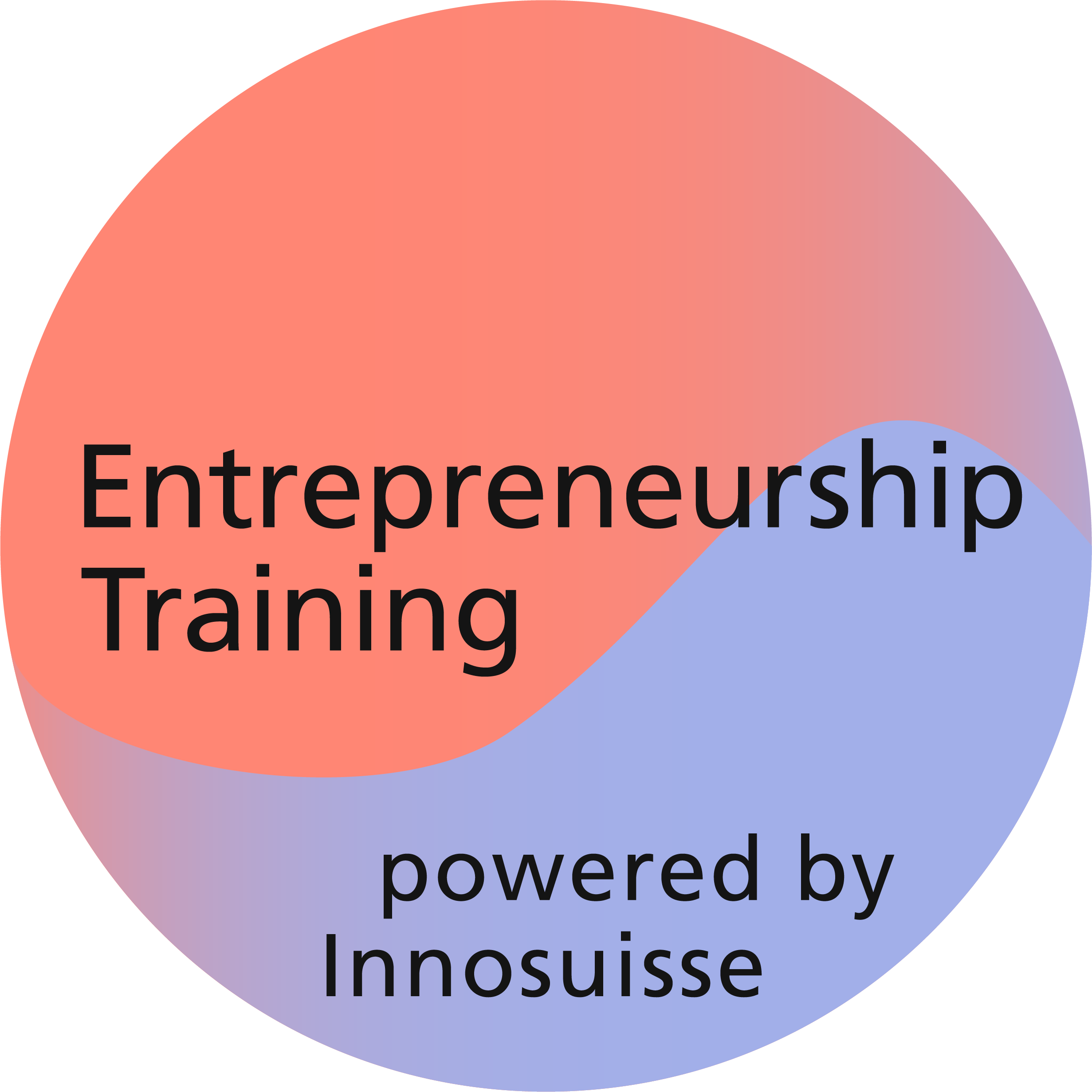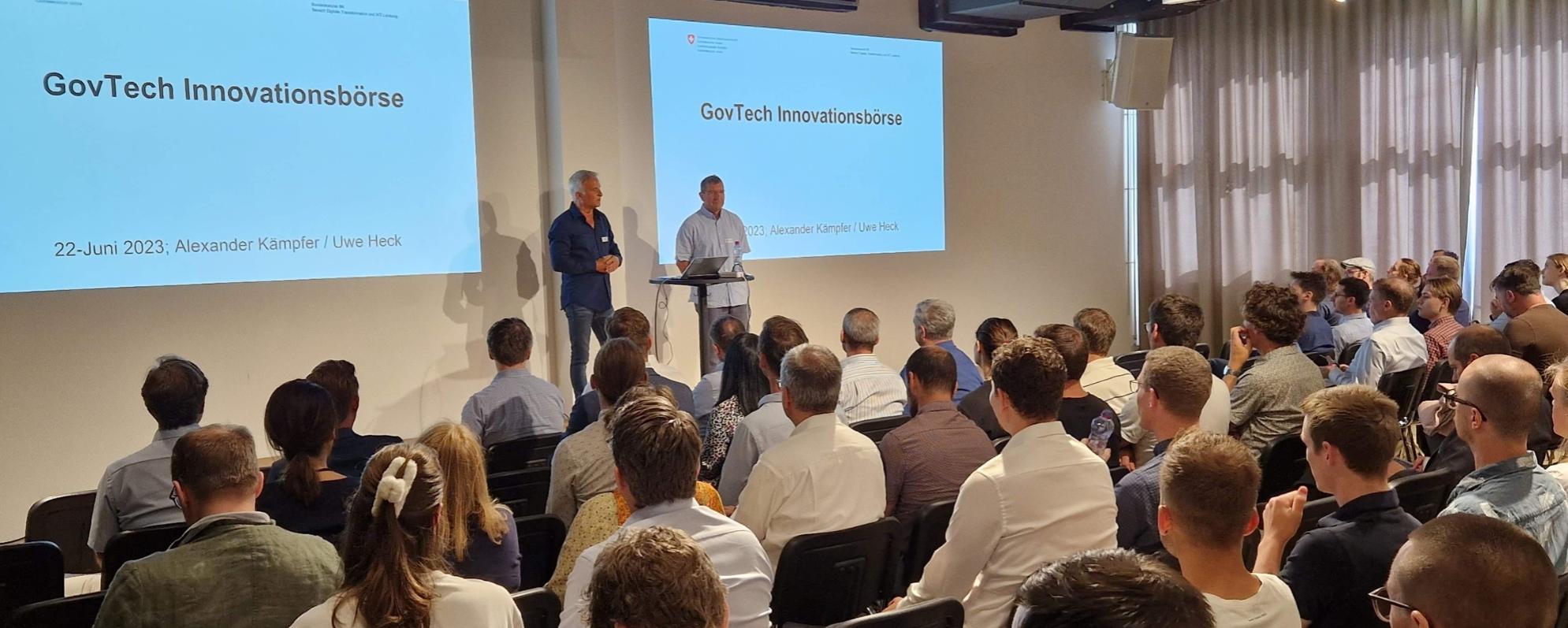An entrepreneur, an investor, and a lawyer participate in an interview series… What sounds like the setup for a joke is serious business: In a new series, we present three different perspectives on convertible loans, term sheets, and shareholders’ agreements so that you can gain new insights to negotiate with more confidence. We kick off our segment on term sheets with Florian Gunz Niedermann, partner and co-head of the Startup Desk at Walder Wyss, a Swiss commercial law firm with more than 240 legal experts.
After sharing some insights on convertible loans, we now take on a new topic: term sheets. Startups use term sheets to attract investors. The non-binding agreements include the basic terms and conditions of an investment. A term sheet lists requirements that build the foundation for more detailed and more binding documents, such as a shareholder agreement. Information about the company, the board of directors, and the investment is usually included in a term sheet. Here to share the lawyer’s perspective on term sheets is Florian Gunz Niedermann. As a partner and co-head of the Startup Desk at Walder Wyss, Florian provides legal advice to startups—from the pre-incorporation phase until (and beyond) the exit.
Florian, what are some of the trends you are witnessing in term sheet negotiations between founders and investors?
A general trend, which has lasted for some years now and seems rather international, is that the investment terms have become more and more startup-friendly. On the one hand, this may be explained by the increased availability of financing and the resulting competition among investors—at least when it is about the most promising projects. On the other hand, I believe that many early-stage investors have, in the meantime, realized that investor-friendly terms in the financing round might backfire at a later stage, when next-round investors claim the same rights. In that connection, we see more and more institutional investors explicitly supporting startup-friendly terms.
Another trend, which might also be explained by the competition among investors, is that we see more and more investors pushing for an early signing of very simple term sheets or letters of intent. This is done mainly to secure exclusivity, whereas the negotiations of many key terms are deferred to a later stage. This approach is generally not recommendable, as it might heavily impact the founders’ negotiation power and often leads to frustration or delayed consummation.
Where should (inexperienced) founders get the first version of a term sheet?
From their lawyer—who, ideally, has a proven track record in this particular (startup/VC) practice—and not from the internet. A big mistake that is often seen is when startups negotiate term sheets without legal support, whereas investors on the other side of the table are typically more experienced and already got legal advice concerning their standard term sheet.
Relying on publicly available model documentation, such as the SECA model term sheets, is, in my view, not a good option. The SECA model term sheets contain investor-friendly terms that are, in certain key areas, quite far away from otherwise established market practice. It is, therefore, critical that founders are well-advised already at the term sheet level.
Once the term sheet is signed, the founders might already have committed to exclusivity, coverage of investor’s costs, and—more generally—unfavorable terms. It then becomes difficult for the founders to turn the rules in the right direction, even with the help of a lawyer. Where feasible, I would strongly recommend starting with your own term sheet proposal rather than asking investors to provide a first draft. The first draft might have an anchoring effect and is setting the tone for the subsequent negotiations. Also, it then becomes much easier to compare different offers and coordinate several investors.
What are the best arguments not to agree to anti-dilution and liquidation preferences?
When investors invest rather small amounts at very early stages (pre-seed or seed level), the founders may successfully argue that a liquidation preference would be excessive and not in line with the spirit of a small, fast, and uncomplicated early-stage investment. Also, the lower or more favorable the valuation offered to investors, the lower the need for an anti-dilution adjustment. However, I would not recommend putting much time and energy into respective negotiations. Instead, I would rather accept both concepts—but in any case, focus on a startup-friendly version (i.e., 1x non-participating liquidation preference and broad-based weighted average anti-dilution adjustment; both have become quite standard if these concepts shall be pursued).
Again, a founder-friendly implementation will somehow set the tone and benchmark for future rounds, in which both concepts will anyway be inevitable. In addition, liquidation preference might be a must-have for certain institutional investors under their internal guidelines. Last but not least, not accepting these two key principles of investor protection might put additional pressure on other aspects of the investment.
To learn more about different financing options and get the possibility to pitch in front of investors, sign up for the Innosuisse Start-up Training.
Related stories

How to create better shareholders’ agreements—an entrepreneur’s perspective
An entrepreneur, an investor, and a lawyer participate in an interview series… What sounds like the setup for a joke is serious business: In a new series, we pr...

How to create better shareholders’ agreements—a lawyer’s perspective
An entrepreneur, an investor, and a lawyer participate in an interview series… What sounds like the setup for a joke is serious business: In a new series, we pr...

How to create better shareholders’ agreements—an investor’s perspective
An entrepreneur, an investor, and a lawyer participate in an interview series… What sounds like the setup for a joke is serious business: In a new series, we pr...

How to better prepare term sheets—an investor’s perspective
An entrepreneur, an investor, and a lawyer participate in an interview series… What sounds like the setup for a joke is serious business: In a new series, we pr...

How to better prepare term sheets—an entrepreneur’s perspective
An entrepreneur, an investor, and a lawyer participate in an interview series… What sounds like the setup for a joke is serious business: In a new series, we pr...

How to better negotiate convertible loans—an investor’s perspective
An entrepreneur, an investor, and a lawyer participate in an interview series… What sounds like the setup for a joke is serious business: In a new series, we pr...

How to better negotiate convertible loans—a lawyer’s perspective
An entrepreneur, an investor, and a lawyer participate in an interview series… What sounds like the setup for a joke is serious business: In a new series, we pr...

How to better negotiate convertible loans—an entrepreneur’s perspective
An entrepreneur, an investor, and a lawyer participate in an interview series… What sounds like the setup for a joke is serious business: In a new series, we pr...

